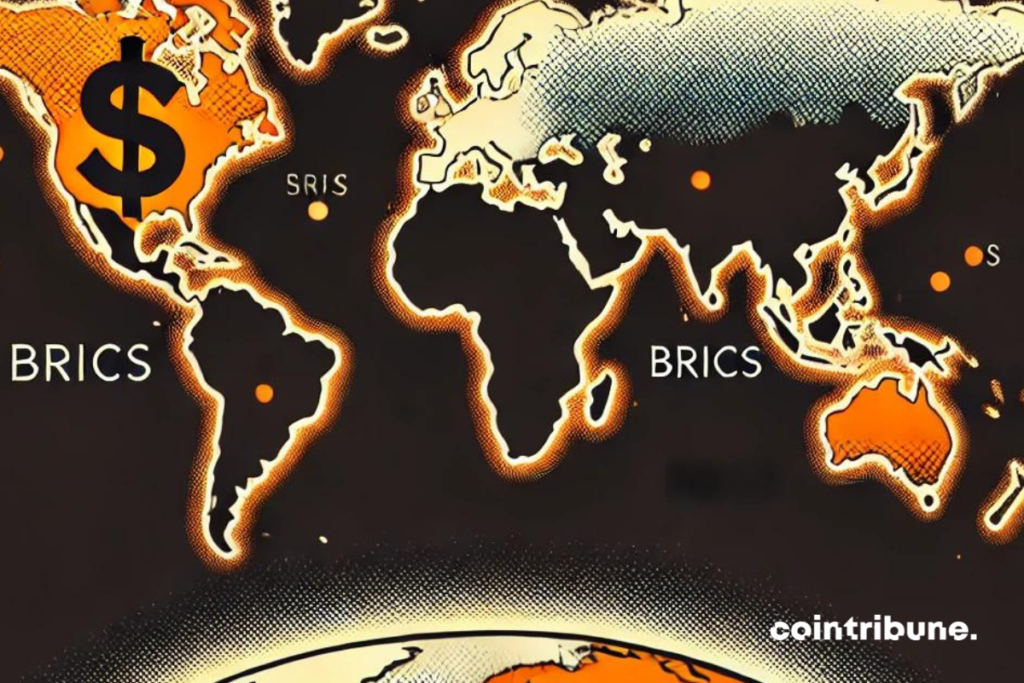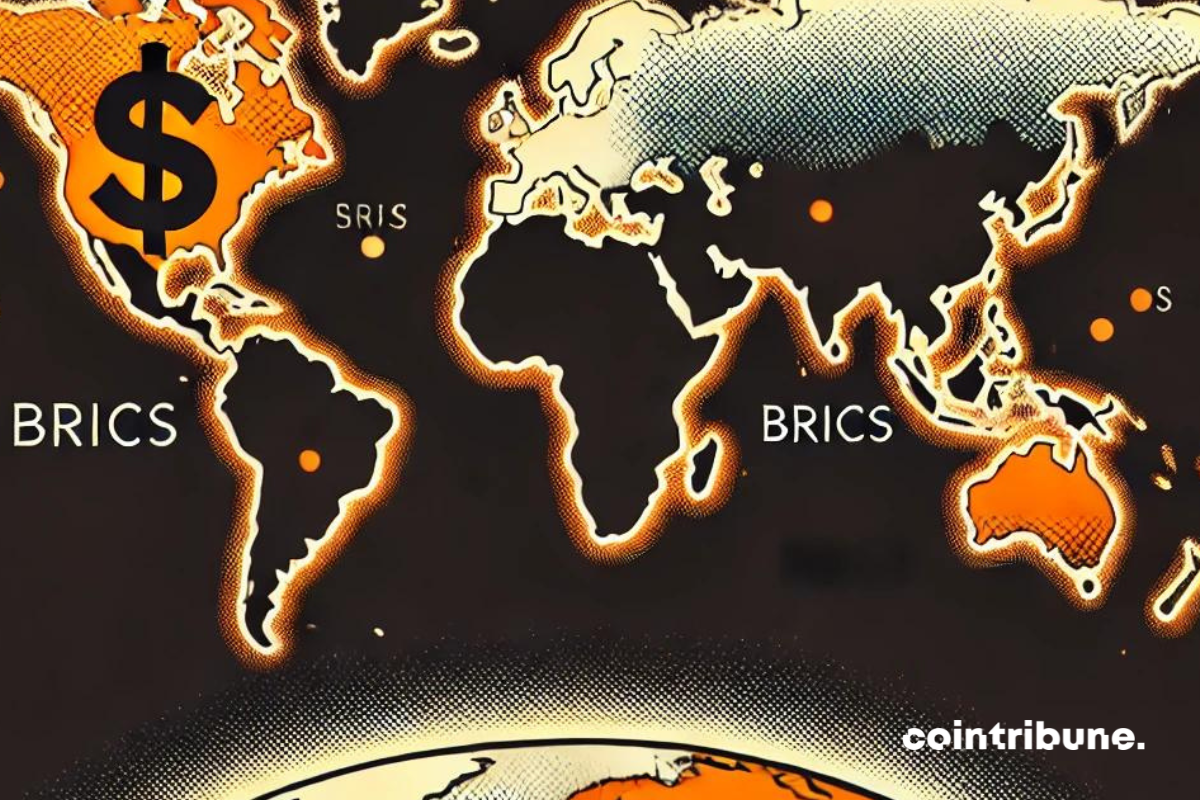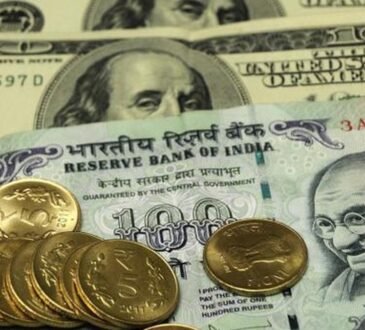Mon 12 Aug 2024 ▪
4
min read ▪ by
While the global economic order has long been shaped by the hegemony of the US dollar, signs of an inevitable transition are multiplying. Today, a new milestone has been reached: for the first time in decades, the dollar’s share of global reserves has fallen below 60%. This decline, far from insignificant, reflects profound changes driven by emerging economies, particularly the BRICS members, who seek to redefine the rules of the global financial game. As the central banks of developing countries move away from the dollar in favor of gold and their local currencies, a new monetary order could be taking shape.

The BRICS abandon the dollar: A strategy that threatens the global economy
For several years, the BRICS have asserted themselves as key players in redefining global economic balances. Faced with a historical dependence on the US dollar, these nations are adopting a strategy to diversify their reserves. The central banks of these countries, aware of the inherent risks of dollar domination, are increasingly turning to gold and their own national currencies. This trend has accelerated, notably driven by China, whose currency, the yuan, has tripled its share of global reserves to reach 3%. This movement reflects a clear desire to reduce the grip of the greenback on international transactions and to strengthen their economic sovereignty.
The decline of the dollar in global reserves, now standing at 59% in 2024, down from 72% in 2002, is not just a matter of capital reallocation. It embodies a gradual rejection of the American economic model, exacerbated by concerns over the colossal US debt, estimated at $35 trillion. The BRICS, by multiplying initiatives to promote their local currencies, are sending a strong message: they no longer wish to be dependent on a currency whose stability is increasingly questioned.
How the BRICS are redefining the rules of the game
The de-dollarization orchestrated by the BRICS is not limited to a simple diversification of assets; it prefigures a deep restructuring of international financial flows. This transition imposes increasing pressure on the United States, whose economy has historically been dependent on the hegemony of the dollar. If this trend continues, American financial markets could face unprecedented turbulence. Indeed, a significant reduction in global demand for dollars could trigger a depreciation of the US currency, leading to consequences on interest rates, exchange markets, and potentially, on the stability of the global financial system.
At the same time, Europe is not spared by this mutation. The euro, once seen as a credible alternative to the dollar, has also seen its share of global reserves decline, from 28% in 2008 to 19% today. The Chinese yuan, in particular, is benefiting from this dynamic, strengthening China’s position on the global economic scene. If this trend continues, the international monetary landscape could well be dominated by a multitude of currencies, reducing the influence of traditional currencies and paving the way for an era of monetary fragmentation.
Will the United States and Europe be able to adapt to this new paradigm, or will they be relegated to the background of an increasingly multipolar global economy?
Maximize your Cointribune experience with our “Read to Earn” program! For every article you read, earn points and access exclusive rewards. Sign up now and start earning benefits.
Diplômé de Sciences Po Toulouse et titulaire d’une certification consultant blockchain délivrée par Alyra, j’ai rejoint l’aventure Cointribune en 2019.
Convaincu du potentiel de la blockchain pour transformer de nombreux secteurs de l’économie, j’ai pris l’engagement de sensibiliser et d’informer le grand public sur cet écosystème en constante évolution. Mon objectif est de permettre à chacun de mieux comprendre la blockchain et de saisir les opportunités qu’elle offre. Je m’efforce chaque jour de fournir une analyse objective de l’actualité, de décrypter les tendances du marché, de relayer les dernières innovations technologiques et de mettre en perspective les enjeux économiques et sociétaux de cette révolution en marche.
DISCLAIMER
The views, thoughts, and opinions expressed in this article belong solely to the author, and should not be taken as investment advice. Do your own research before taking any investment decisions.





